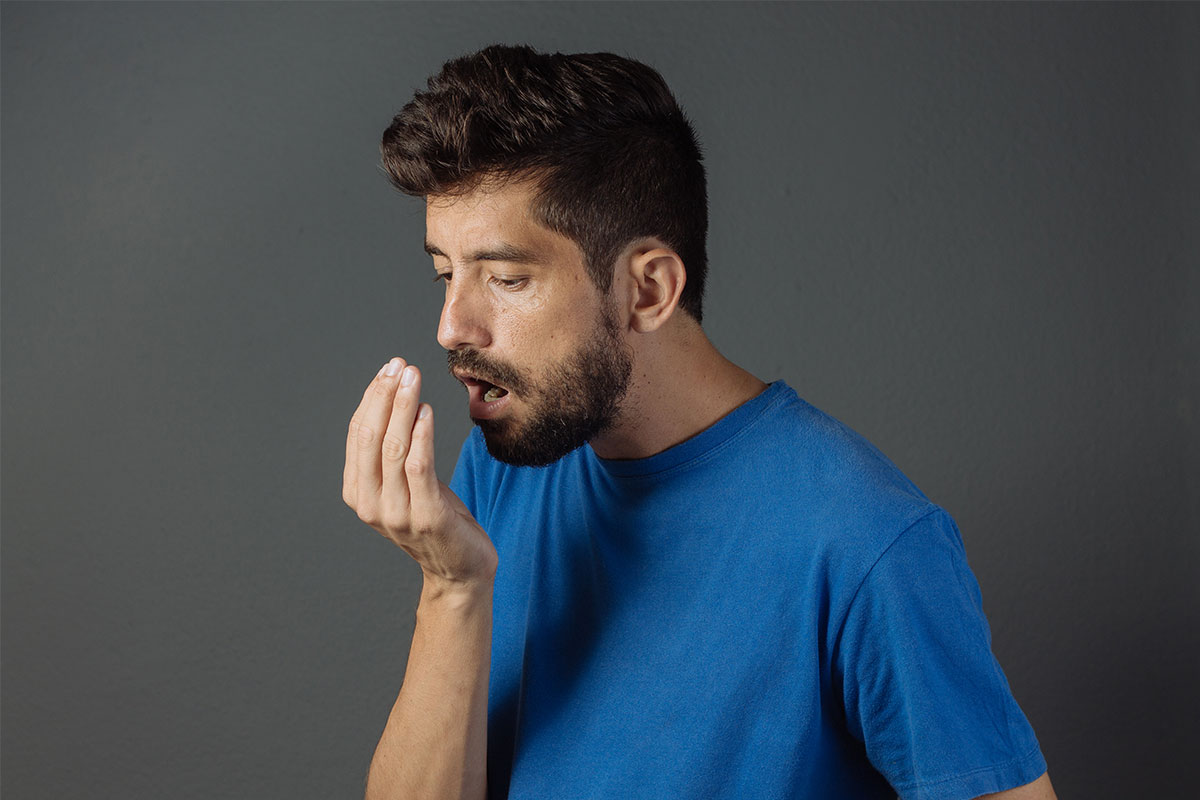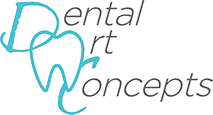New Years Resolution: Address Your Bad Breath and Boost Your Self-Confidence Levels!

If you find yourself with bad breath or have had someone remark on your breath, you might be experiencing halitosis. Bad breath may come and go depending on what food you are eating or if you have morning breath, common in those who tend to breathe through the mouth. Still, the most common culprit is neglecting your daily oral hygiene care.
The number one reason for halitosis is the unchecked millions of bacteria in your mouth (especially on your tongue) that release bacterial acids (plaque). The sulfur byproducts released by oral bacteria as waste are known as volatile sulfur compounds (VSCs). Other causes include fruity breath that arises in those with uncontrolled diabetes, respiratory tract infections, chronic sinusitis, tooth decay, and gum disease.
Proper Diagnosis and Treatment
When you visit our dental office for help with bad breath, our dentist will perform a thorough evaluation of your oral cavity. It includes an inspection of your teeth and gums, salivary glands, and tongue. Your medical history will be reviewed, including any medications that might leave you with a dry mouth. Dry mouth, or xerostomia, leads to bad breath from the reduction of saliva flow — a vital function when it comes to keeping your mouth healthy.
Other causes of chronic halitosis might involve dietary habits like consuming garlic or onions, drinking coffee or alcohol, practicing intermittent fasting, or adhering to low-carb or ketogenic diets, which leaves you with bad breath. Unhealthy lifestyle habits, like smoking or chewing tobacco, also leave your breath smelling unpleasant.
Improve Your Breath and Boost Your Confidence
Start by stepping up your daily oral hygiene game. Brush and floss at least twice a day for two minutes, and don't skip cleaning your tongue! Use your toothbrush or a tongue scraper to clean the surface of your tongue. An antibacterial toothpaste and mouthwash can also help, and our dentist is happy to recommend the best one for your needs.
Prevent dry mouth by staying hydrated. Drink plenty of water to maintain healthy saliva levels, and even chew sugarless gum to stimulate saliva production.
Rinse your mouth after eating to flush away oral debris and prevent food particles from lingering.
Eat a nutritious diet and stick with healthy snacks like apples, celery, and carrots, which scrub the teeth and promote saliva flow.
Address Health Issues or Medical Conditions
Beyond your daily care, you'll need to address any health issues you might have. Our dentist can determine whether you have oral infections stemming from tooth decay, gum inflammation (gum or periodontal disease), or poorly fitting dentures.
Seeing your primary physician will allow you to address other medical conditions, such as respiratory tract infections in the sinuses, throat, or lungs. Other conditions could include liver or kidney disease, gastroesophageal reflux disease, diabetes, etc.
NOW Is the Time!
When it comes to your oral health, taking good care of your mouth and addressing lingering health issues can effectively improve both! The New Year is a good time to renew your resolve to better care for your smile and your body by addressing bad breath issues. This can boost your self-confidence in social interactions, including with your co-workers, family, and friends!
If you need help alleviating your chronic bad breath, please reach out to our dental practice and schedule a visit with our dentist. Regular dental visits can detect problems early and allow us to remove hardened plaque leading to halitosis. Let us help you identify the cause of your bad breath and implement effective solutions for a healthier smile!



